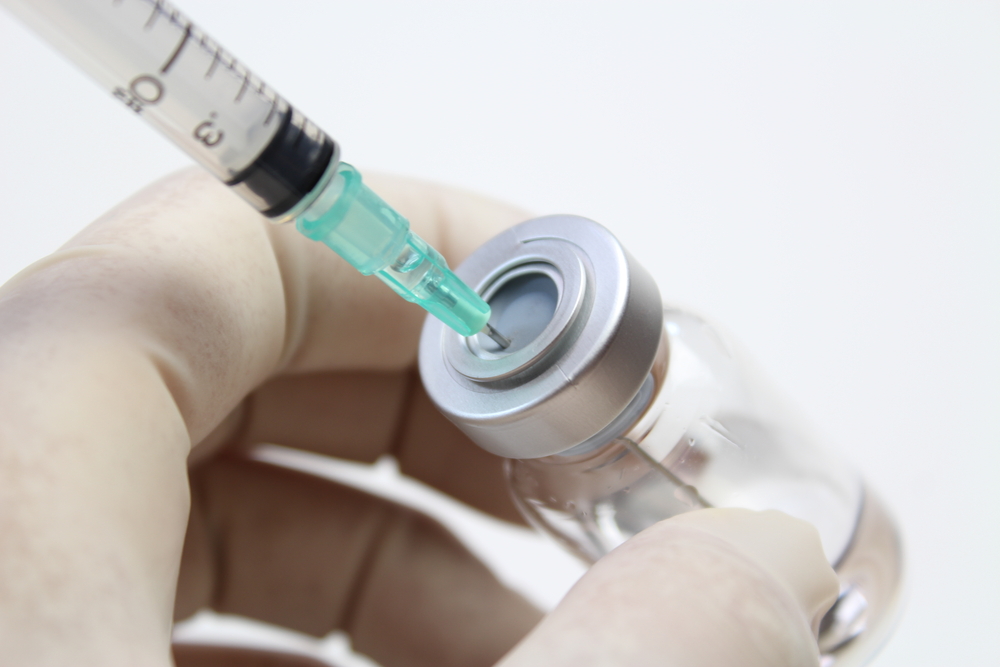
Despite the deadly reach of diseases like tuberculosis (TB), HIV and malaria, the world is not likely to develop vaccines to fight them, according to a financial analysis of the current research and development pipeline.
The analysis was conducted by Duke University’s Center for Policy Impact in Global Health, following a review of 538 candidate products for 35 neglected diseases. Using that information, they applied a financial modeling tool known as Portfolio-to-Impact (P2I) to estimate the costs and likelihood a product would come to pass.
While 128 candidates would likely make it through, from diagnostics to new medications, the same analysis determined that nothing is likely to come for TB, HIV or malaria.
“What this tells us is that the current development pipeline is not likely to give us all the pieces to fight these diseases,” Gavin Yamey, professor of global health and public policy and director of the Center for Policy Impact in Global Health, said. “It underscores the need to substantially scale up resources and innovative development approaches to fill those gaps.”
Even the current candidates would take about $16.3 billion to get through the pipeline, according to researchers. An additional $13.6 to $21.8 billion over the next 10 to 12 years would be necessary to bring 18 more high-priority products to bear, which are currently missing from the pipeline. The authors noted that their estimates likely understate the total costs.
Though no vaccines are likely to be launched for TB, HIV or malaria, current efforts have not abandoned them entirely. The P2I model found 85 other types of products linked to these diseases which are readying for launch.




